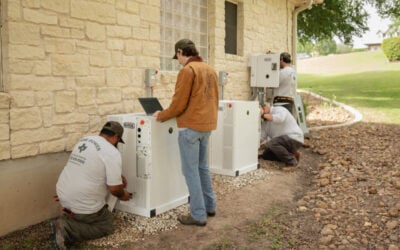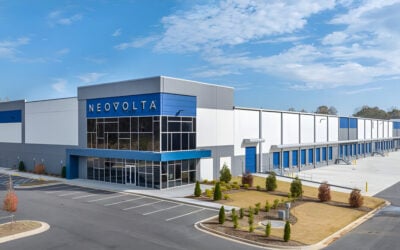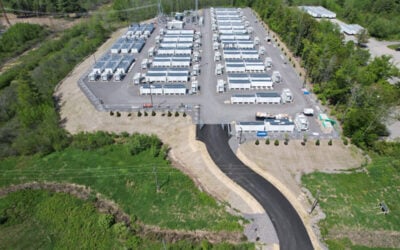
Programmes to provide home energy storage solutions to low-income homes and businesses have been launched in Washington D.C and Connecticut by Electriq Power and Generac/PosiGen, respectively.
Home energy storage at no-cost to D.C. homes and businesses
Low-income qualifying homeowners and small businesses in Washington D.C., US, will have solar PV and battery energy storage systems (BESS) installed at no cost to them as part of a state and federal-backed program.
Electriq Power, a provider of battery energy storage systems (BESS) for residential and commercial applications, will install the units at homes and businesses and provide ongoing maintenance for 20 years. Being low-to-moderate Income (LMI) will be part of the qualifying criteria.
The programme – SEDC Solar – will lower utility costs and provide backup power to some of the capital’s most economically distressed wards, and is being financed through local and federal government tax incentives.
Try Premium for just $1
- Full premium access for the first month at only $1
- Converts to an annual rate after 30 days unless cancelled
- Cancel anytime during the trial period
Premium Benefits
- Expert industry analysis and interviews
- Digital access to PV Tech Power journal
- Exclusive event discounts
Or get the full Premium subscription right away
Or continue reading this article for free
SEDC Solar is technically an Opportunity Zone business, one set up in an economically distressed community where new investments may be eligible for preferential tax treatment. It provides solar and storage systems to homes, businesses, and churches at no cost and is funded by an Opportunity Zone fund. Opportunity Zone funds are means for investors to make tax-free returns on their invested capital.
Michele Tihami, chief revenue officer of Electriq Power commented: “We’re happy to have found a partner in SEDC Solar that believes the benefits of energy storage and renewable energy generation should be available to all, regardless of economic status.”
Electriq Power launched a similar programme in a small farming community in rural California in March, as reported by Energy-Storage.news.
Increasing access to energy storage in Connecticut
Electriq Power’s announcement coincides with energy technology company Generac launching a programme to increase access to energy storage to residents in Connecticut first, followed by the rest of the US.
Subsidiary Generac Grid Services is partnering with residential energy efficiency solutions provider PosiGen to provide Generac home batteries to PosiGen’s existing solar PV system customers. The 18kWh system will pair with PV to provide power to the grid and backup power to the home in the event of a grid outage.
Generac will work with Connecticut’s Energy Storage Solutions programme, which was launched by the state’s two main investor-owned utilities Eversource and United Illuminating (UI) and has the aim of incentivising the deployment of 580MW of home energy storage by 2030 (that is part of an overall state goal of 1,000MW).
The press release doesn’t mention cost, implying customers will have to cover at least some of it, but PosiGen mainly provides solutions to low-to-moderate income families through the East Coast, Louisiana and Mississippi.
And the two companies hope to replicate the programme across the country “where there are favorable incentive structures and a strong interest in helping low- to moderate-income customers gain power resiliency.”
Generac is a major manufacturer and seller of back up gensets for homes and businesses that has in recent years increasingly targeted home battery energy storage.





